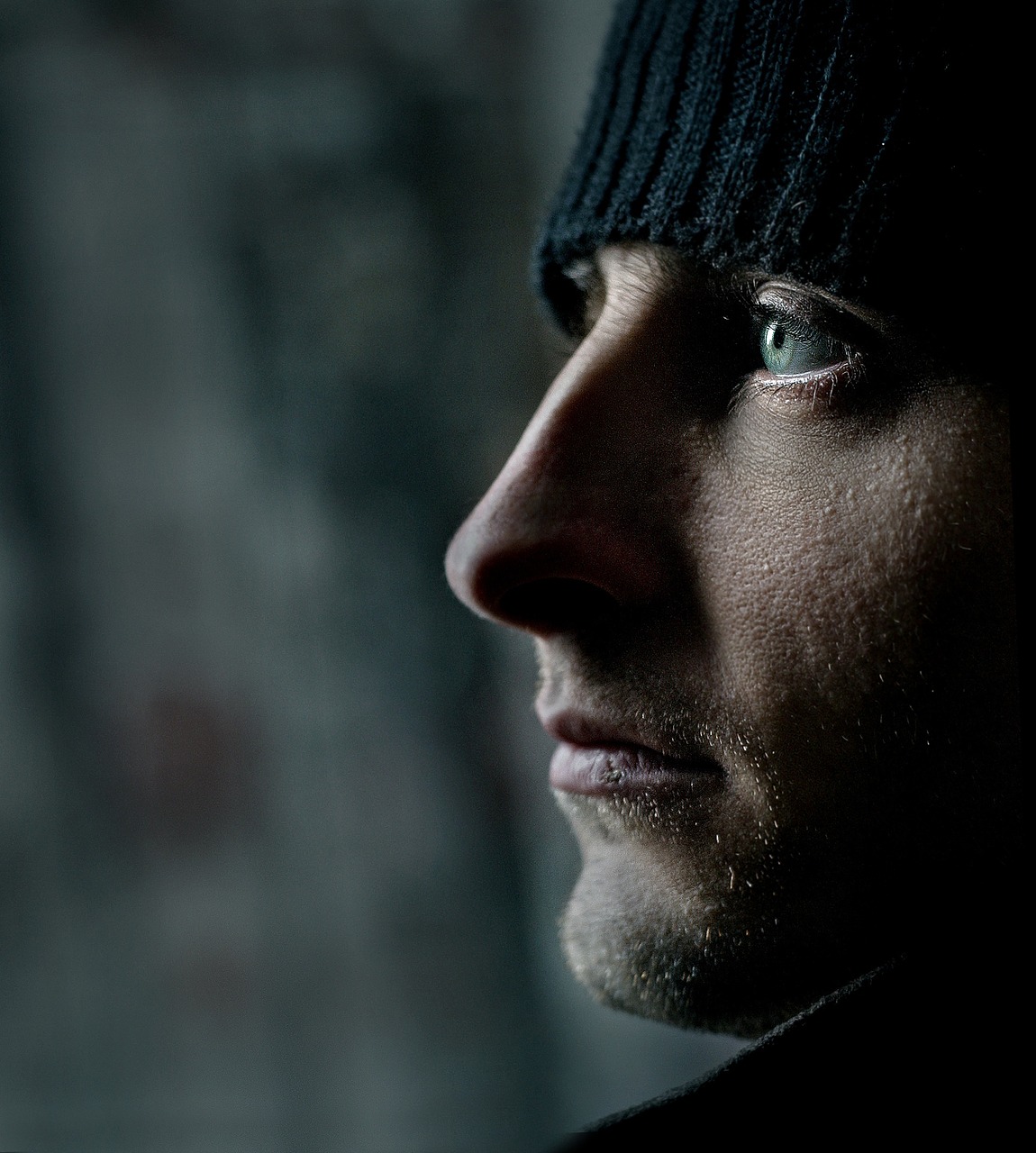Before It’s Too Late: Stopping America’s Opioid Epidemic
America’s opioid epidemic seems to have snuck up on us from out of nowhere. If it seems to you like this wasn’t always such a huge problem, you’re right. According to the American Society of Addiction Medicine, the opioid overdose rate in 2008 was nearly four times higher than the 1999 rate.
The same organization also reports that 3 in 4 heroin users began as prescription opioid addicts. As communities try to crack down on the rise in this tragedy, suboxone is emerging as a useful tool in the fight.
What is Suboxone and How Does It Work?

3 out of 4 heroin users started using prescription opioids first.
Suboxone is a prescription medication that combines buprenorphine, a synthetic opiate, and naloxone, the drug given to reverse overdoses. Compared to methadone, suboxone can be prescribed by a wider variety of providers in more settings. Suboxone is increasingly used in inpatient suboxone addiction treatment as a method to help addicts step down their drug dependency.
Suboxone has similar side effects to other prescription opioids, including nausea, constipation, irritability, sleep disturbances and muscle aches. But unlike other prescription opioids, suboxone limits the degree of high that the user can get from the drug. Taking more of it won’t increase the euphoric effects. Taking other opioids in addition to suboxone won’t provide the desired high, either. It has a very useful self-limiting effect.
Who or What Is to Blame for the Opioid Epidemic?
Doctors have written far more prescriptions for opioids than in the past. According to the American Society of Addiction Medicine, enough opioid prescriptions were written in 2012 to give every American adult their own bottle of pills. These prescriptions are generally written to help patients deal with chronic pain or the pain following injury or surgery.
But as millions of Americans have discovered, it can be difficult to stop taking these drugs—even if you had a legitimate purpose for their initial use and no history of addiction. Opioids are known for how easily and quickly you can develop a tolerance to them, requiring more of the drug to achieve the same effects. Most of these medications also produce unpleasant withdrawal symptoms when you try to stop taking them, which keeps many people trapped in a cycle of ongoing addiction. Some people move on from addiction to prescription opioids to heroin because it can be easier and cheaper to get, especially once addiction has progressed to a point of needing a large daily dose.
Rehab Can Break the Cycle
Breaking free from a dependence on prescription opioids or heroin can be difficult and requires medical supervision. Most people cannot do this alone and will relapse during the painful withdrawal phase. Inpatient suboxone addiction treatment provides a supervised way to stop taking these drugs.
Suboxone helps during rehab in several ways. During the detox phase from the drug, which begins within 12 to 24 hours after the last opioid dose, suboxone can make withdrawal less uncomfortable. As the patient begins to adjust to life without opioids, the suboxone dose is decreased. Individual and group therapy helps during this period so that the individual can learn the coping skills necessary to embrace a future without risk of relapse.
Can You Ever Stop Taking Suboxone?
One common concern about suboxone is that it may be difficult to become completely drug-free. Suboxone has side effects that persist for as long as you are taking the drug. Users may struggle to stop taking the drug altogether. Because the drug is still new and is being heavily promoted to doctors, many of these doctors don’t know much about how to help patients stop taking it. Users may be able to cut down on the suboxone dosage by incremental steps, but will likely doing so without assistance.
Addiction to heroin and large doses of opioids are unquestionably destructive. Inpatient suboxone addiction treatment is a suitable alternative to step down from the more dangerous levels of drug addiction.
If you have questions about rehab and suboxone treatment, call our helpline today at 888-646-0865 (Who Answers?) .




